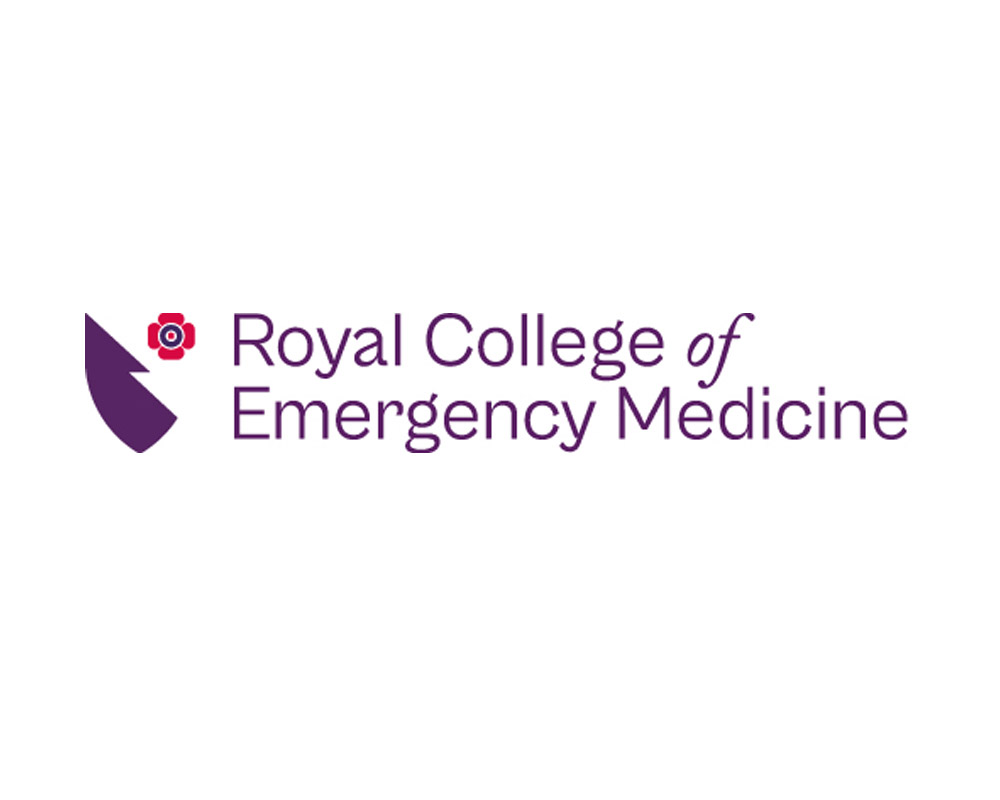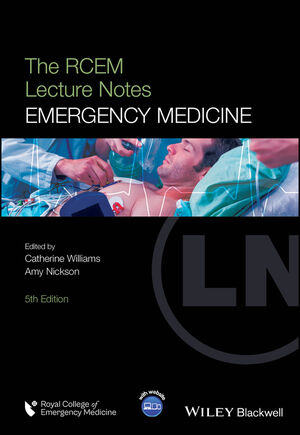
Reducing high bed occupancy figures ‘critically important’ for future of Emergency Care, says RCEM
This is the response from The Royal College of Emergency Medicine (RCEM) following the release of new NHS Planning Guidance.

This is the response from The Royal College of Emergency Medicine (RCEM) following the release of new NHS Planning Guidance.

Overcrowding in hospitals and a lack of social care options are adding to ambulance delays, says The Royal College of Emergency Medicine (RCEM.)

Whilst triage times have improved, mental and physical assessments must happen quicker to reduce the risk of absconding.

The College has issued the following statement regarding the situation in the Middle East.

The immense pressures permeating though the health care system this winter are still apparent with hospitals in England remaining ‘dangerously’ full.

Collaboration and support are required to reduce “distressingly” long waits in Welsh Emergency Departments.

A book which presents important need-to-know information for all those involved in treating patients in an emergency setting has just been updated and re-published.

The Welsh Government has today announced that all Emergency Departments in Wales will take part in RCEM’s GreenED sustainability programme.

The government must focus on reducing the longest A&E wait times, instead of “celebrating small improvements.”

Planned funding allocation for healthcare is ‘a drop in the ocean’ says RCEM.

Responding to the national NHS Staff Survey results published today, Dr Adrian Boyle, President of the Royal College of Emergency Medicine, said:

The Chancellor Jeremy Hunt has today (6 March 2024) unveiled the Government’s Spring Budget.
Address
Royal College of Emergency Medicine,
Octavia House,
54 Ayres Street,
London, SE1 1EU.
Copyright © The Royal College of Emergency Medicine · Patron: HRH The Princess Royal Registered Charity Number: 1122689 Registered Charity Number in Scotland: SC044373